Britain & Ireland
What was it about industrialisation that led to the emergence of a woman’s movement in Victorian Britain? Why do we see so many people fighting for so many rights and liberties in this period and what are the origins of some of the issues we still campaign on today? This section includes our major series on Social and Political Change in the UK from 1800 to the present day. There are also articles and podcasts on the often violent relationship between England and Ireland during this period and England’s changing relationship with Scotland and Wales. Read more
Sort by:
Date (Newest first) | Title A-Z
Show:
All |
Articles |
Podcasts |
Multipage Articles
-
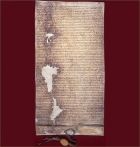
The Great Charter: Then and now
ArticleClick to view -
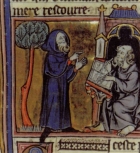
Magna Carta and the development of the British constitution
ArticleClick to view -

Home Rule for Ireland - For and against
ArticleClick to view -

Memorial Oaks at Wolsingham School
ArticleClick to view -

The shortest war in history: The Anglo-Zanzibar War of 1896
ArticleClick to view -
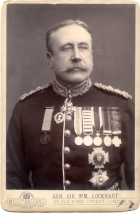
A Story in Stone: the Tirah War Memorial in Dorchester
ArticleClick to view -
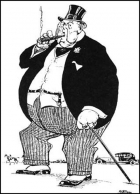
Newcastle and the General Strike 1926
ArticleClick to view -
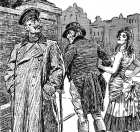
Gary Sheffield: Origins of the First World War
ArticleClick to view -

Richard Evans Medlicott lecture: The Origins of the First World War
ArticleClick to view -
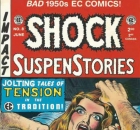
‘Guilty pleasures’: Moral panics over commercial entertainment since 1830
ArticleClick to view -
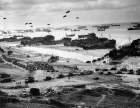
D-Day, Commemorations - the last big year to remember?
ArticleClick to view -

The Centenary of the First World War: An unpopular view
ArticleClick to view -
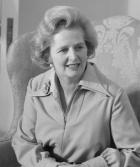
Obituaries: the first verdict in history
ArticleClick to view -
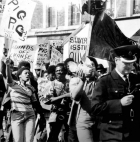
The Black Leveller
ArticleClick to view -
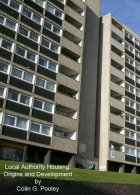
Local Authority Housing
ArticleClick to view -
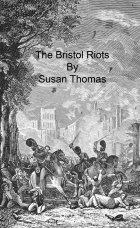
The Bristol Riots
ArticleClick to view -
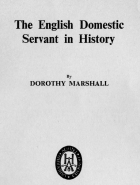
The English Domestic Servant in English History
ArticleClick to view -
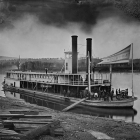
From Sail to Steam
ArticleClick to view -
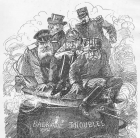
The Origins of the First World War
ArticleClick to view -
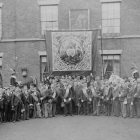
The world in 1913: friendly societies
ArticleClick to view

